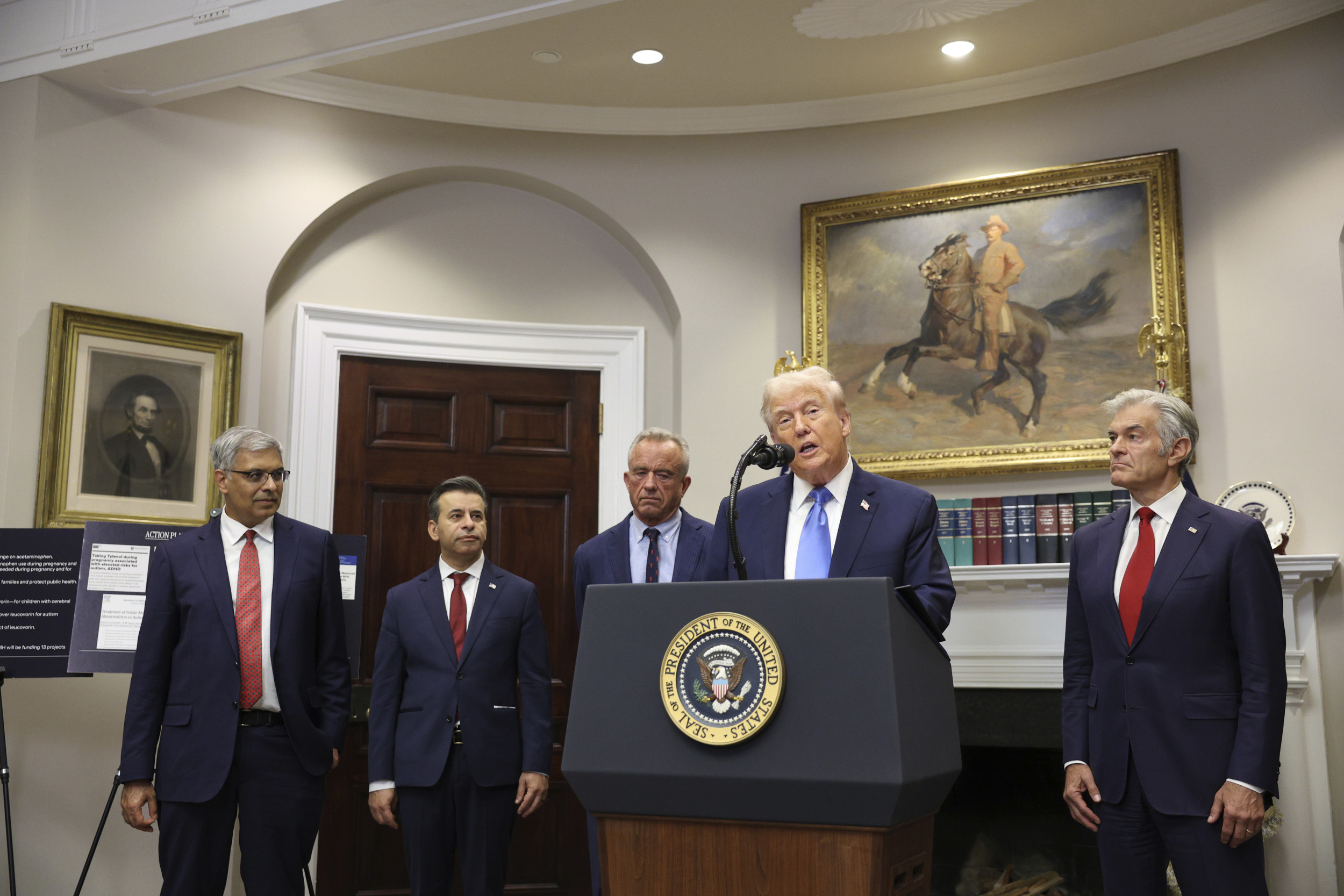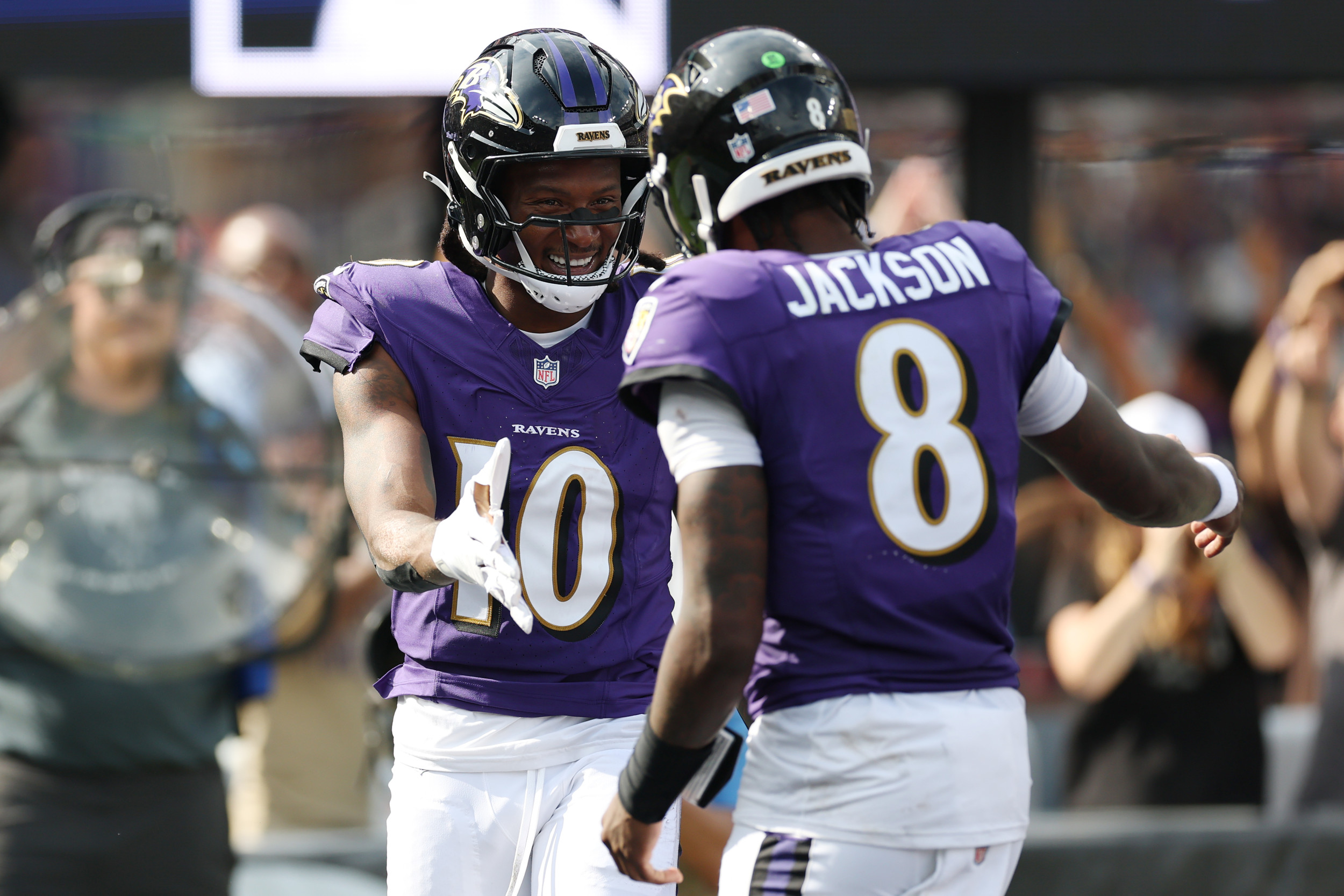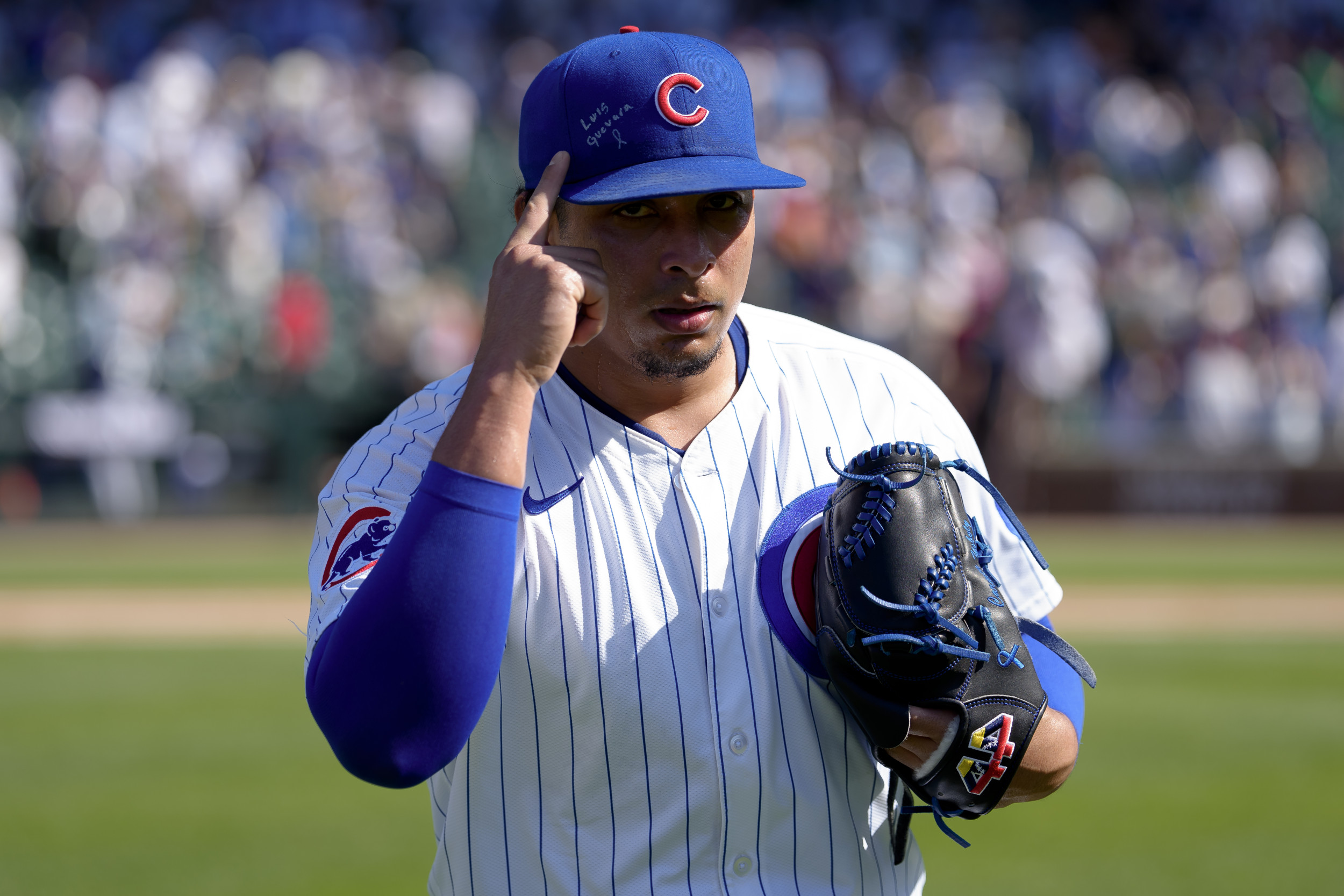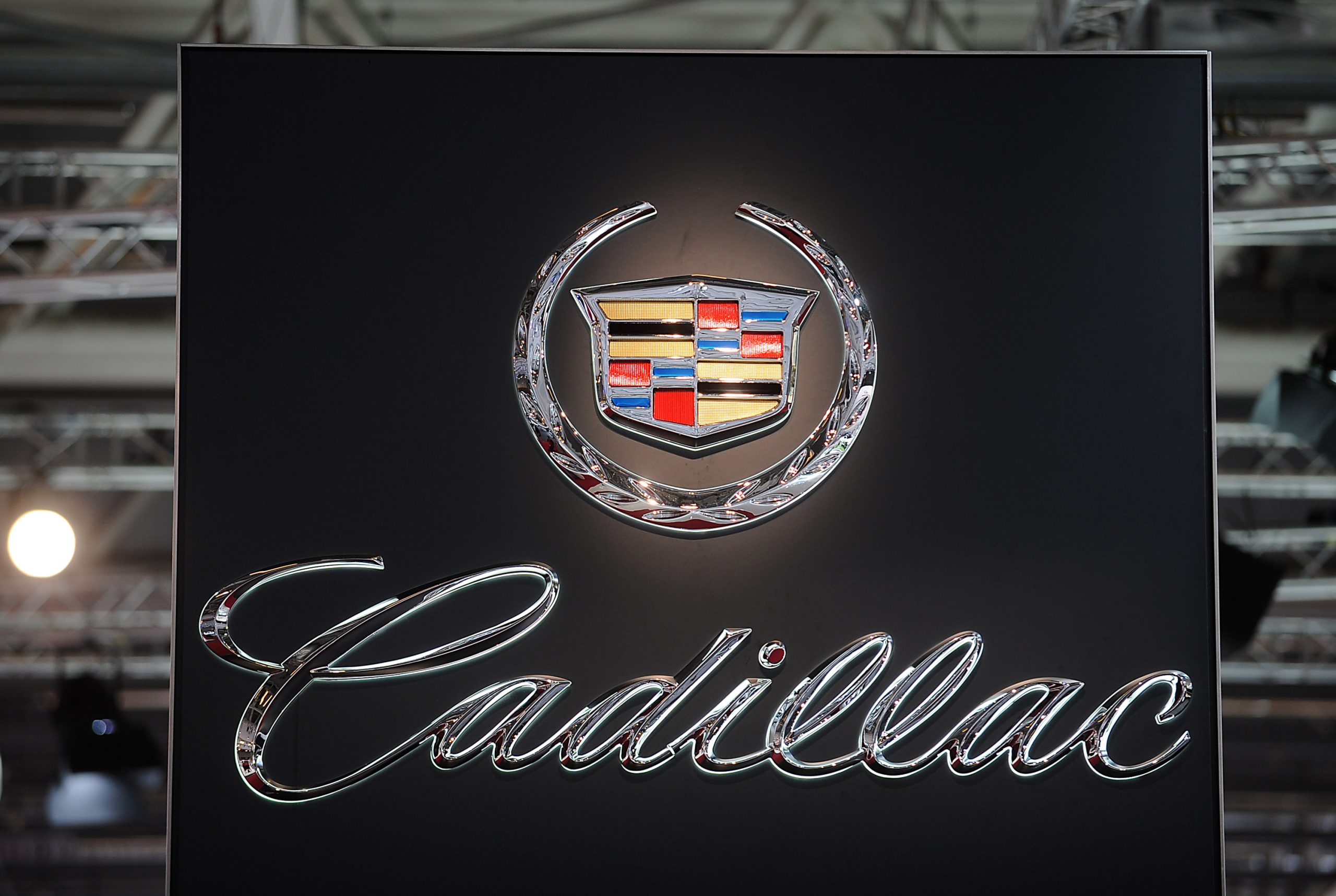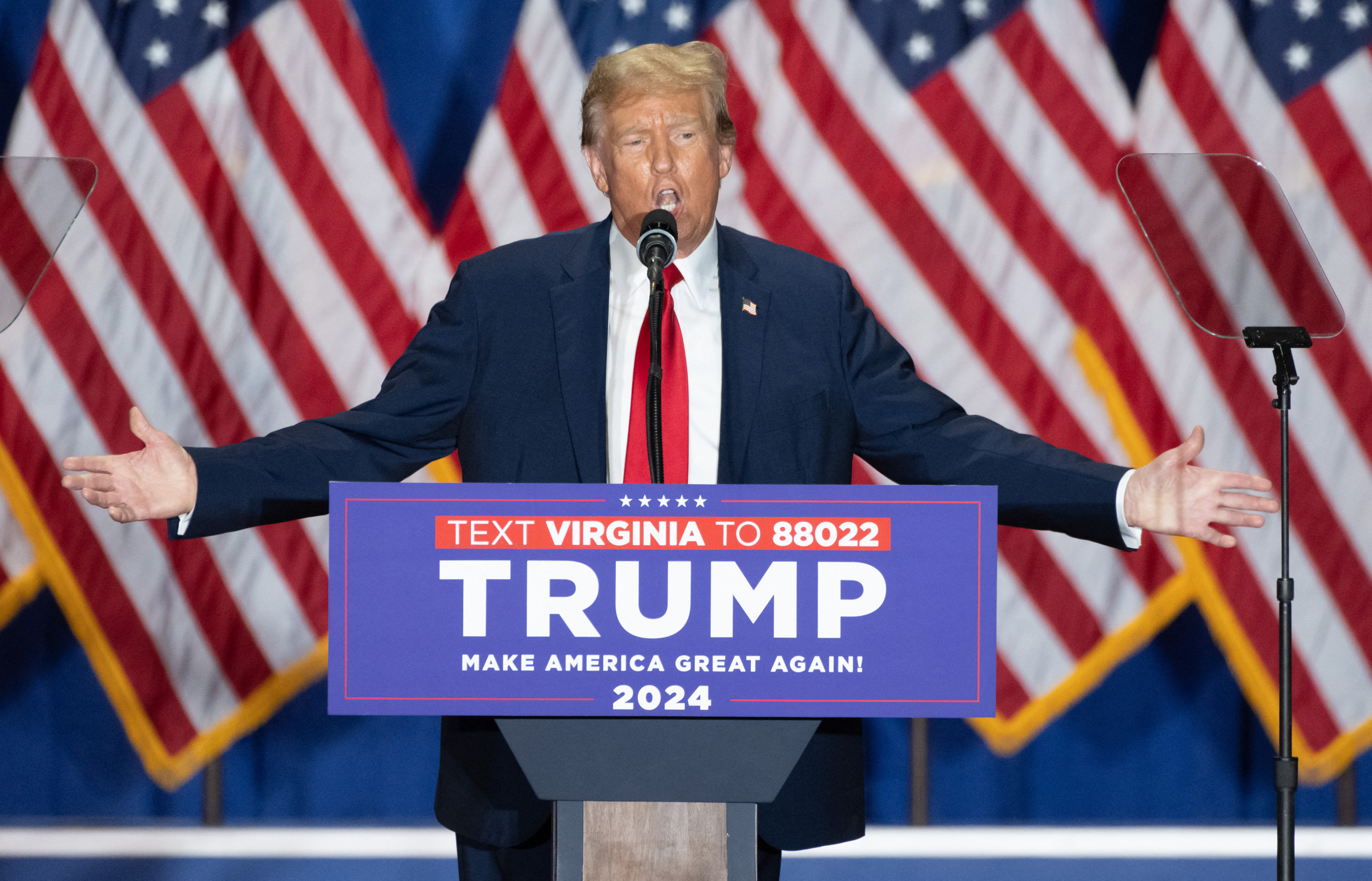
Country singer John Rich said during a podcast interview released on Monday that he advised Donald Trump to stop talking about the COVID-19 vaccines when the president asked why he was being booed at his own rallies.
Newsweek has reached out to the White House for comment via email on Monday.
Why It Matters
Trump received bipartisan praise for his work on the COVID-19 vaccine, which was rolled out in less than a year after the virus first struck the United States, forcing widespread lockdowns and safety measures aimed at reducing its spread. After he left the White House in 2021, he frequently took credit for the vaccine rollout known as “Operation Warp Speed.”
However, he stopped discussing the vaccine on the campaign trail ahead of the 2024 presidential race as he found himself at odds with conservative voters who did not support the vaccine.
What To Know
Rich, a Trump ally, said during an interview on the Try That In a Small Town Podcast that he was the one who advised Trump to pull back from discussing the vaccine.
He said during a meeting with several Republican lawmakers including Senators Lindsey Graham of South Carolina, Marsha Blackburn and Bill Hagerty of Tennessee, as well as Georgia Senate candidate Herschel Walker, Trump posed the question to Rich about why he was being booed at his campaign rallies by some of his own supporters.
“This is the question from the president of the United States. A guy who is very proud, at the moment, that he was able to stomp the gas pedal and get that thing out because he’s under the impression this is going to fix the problem,” Rich said.
The country singer said he told Trump people were booing because they “do not trust the people that you were forced to trust at the time,” referring to federal agencies like the U.S. Centers for Disease Control and Prevention (CDC) and the National Institutes of Health (NIH). He said he told Trump he and other supporters view them as “murderous depopulationist psychopaths.”
He said he believes Trump was never told this because those who work for him “have something to gain from him.” Rich said he continued to tell Trump he would boo him over the vaccine as well, as he said people in his life who took the vaccine suffered complications from it.
“He’s looking at me, and he looks around the table, and he goes ‘This is unbelievable,'” Rich said.
He added that Graham pushed back on the idea, but Trump eventually decided “no more vaccine talk” on the campaign trail.
Public health experts say the COVID-19 vaccine is the best way to prevent serious illness from the virus, which has killed 1.2 million Americans since January 2020, according to the CDC. Johns Hopkins University states the vaccine is “safe and effective at preventing serious illness, hospitalization and death.”
Trump has supported the vaccine and is vaccinated against the virus himself, but he has opposed policies like vaccine mandates.
Despite being booed at his rallies, Trump easily won the GOP presidential nomination and went on to carry each swing state in the November presidential race, carrying both the popular vote and Electoral College.
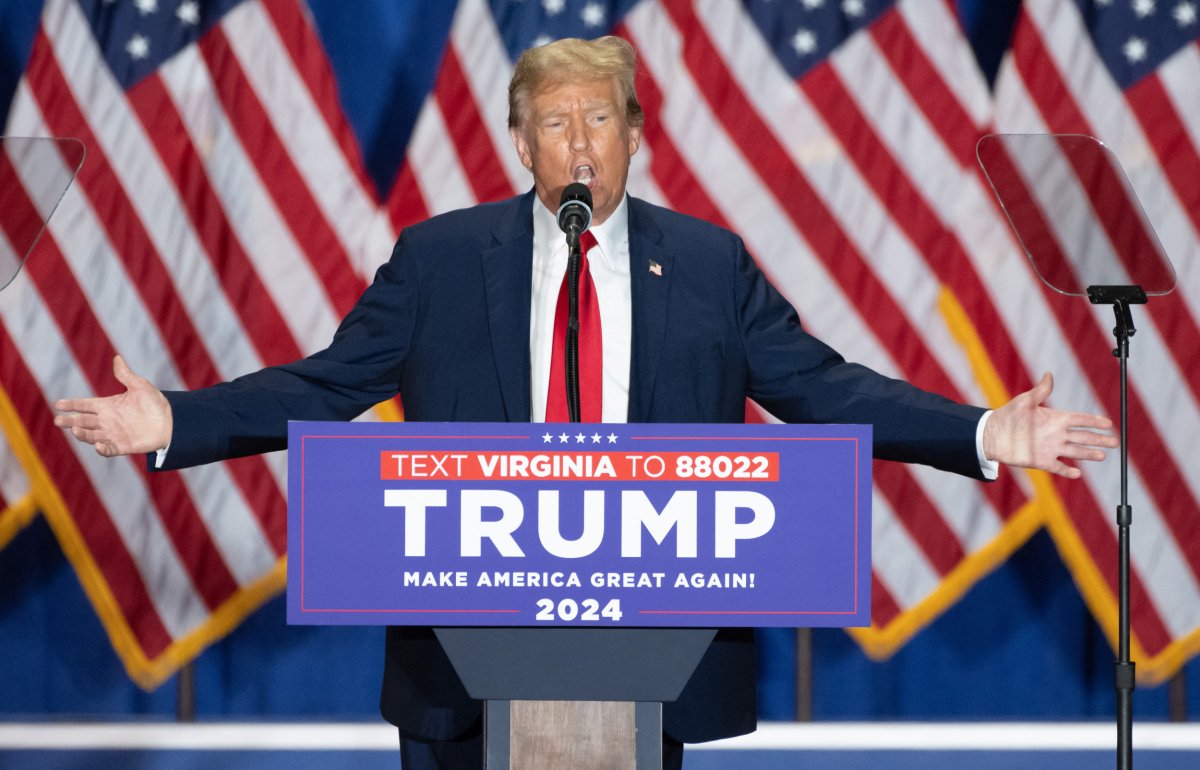
SAUL LOEB/AFP via Getty Images
What People Are Saying
Alyssa Farah Griffin, former Trump aide and co-host on The View said in July 2024: “The single greatest accomplishment of the Trump administration was Operation Warp Speed, and getting the vaccine, and he doesn’t talk about it because he wants to appeal to anti-vaxxers on the right, and not take credit for what actually helped us get out of the pandemic.”
Donald Trump, discussing the vaccine rollout during a campaign rally in Robstown, Texas, in October 2022: “We did an incredible job with Operation Warp Speed, and all of the things in the therapeutics. We did an incredible job.”
What Happens Next?
Vaccine skepticism continues to be a key challenge facing public health experts as they look to prevent the spread of illnesses such as COVID-19.
In 2025, a measles outbreak has struck several states including Texas, and vaccination rates among the local community are viewed as a key factor in the virus’ reemergence.
